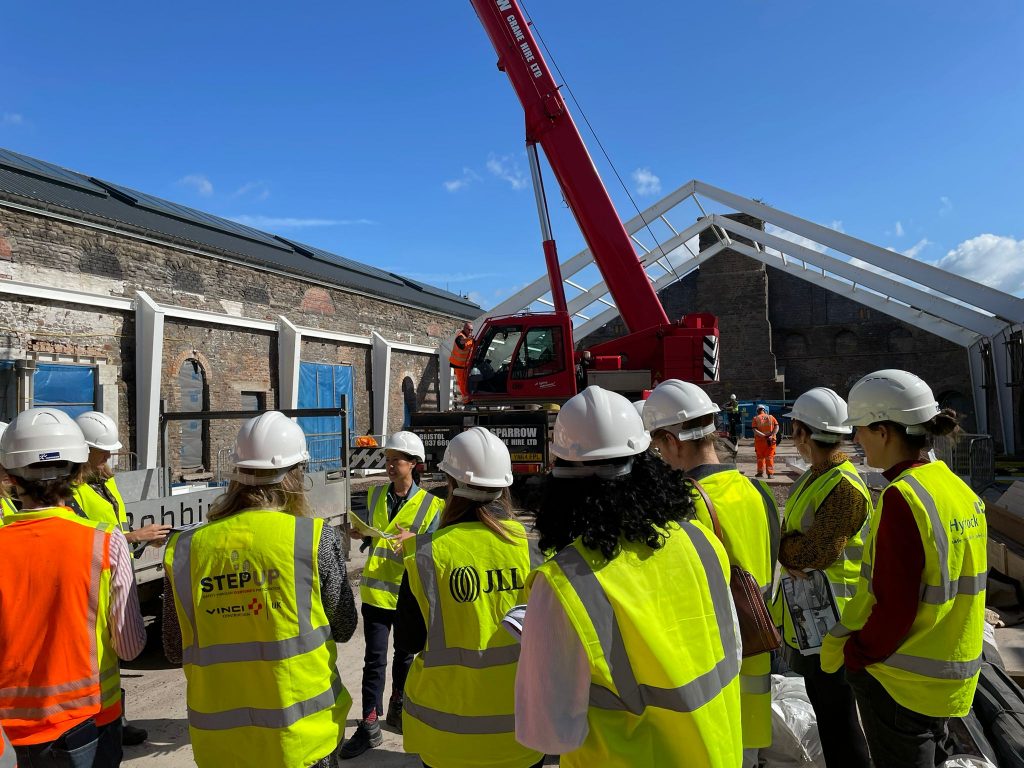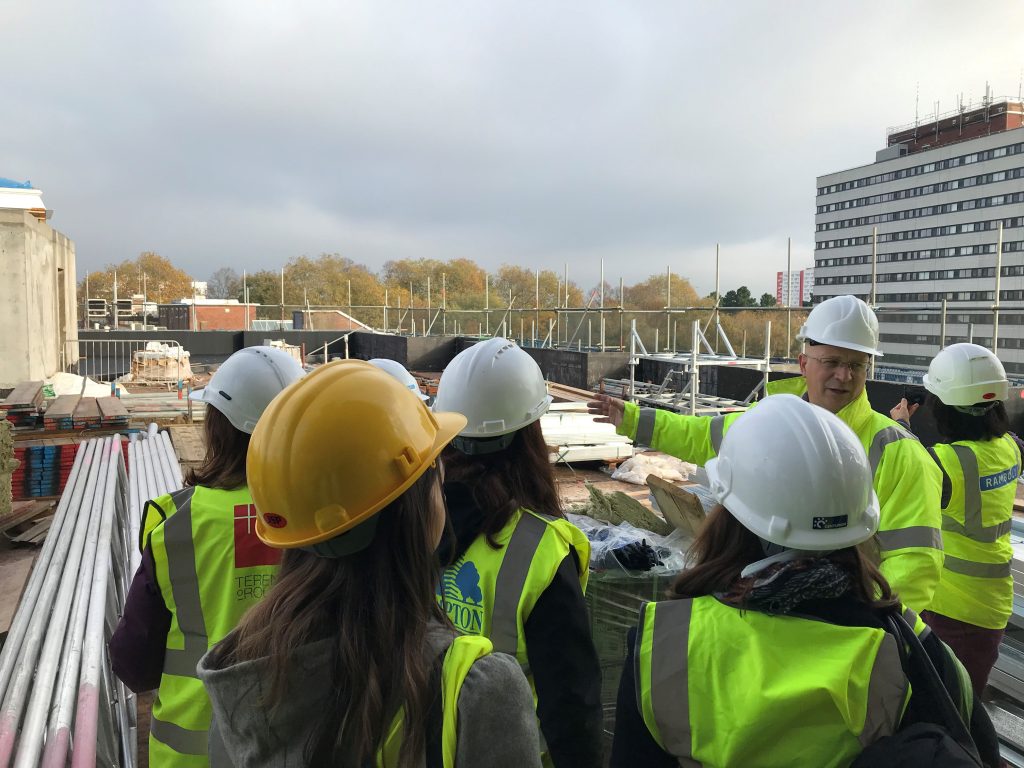Jennifer Winyard, National Chair of Women in Property explores why the property and construction industry loses too many women at mid-career.
Family responsibilities, inflexible working arrangements and childcare costs all conspire against them, but the impact goes way beyond the individuals concerned. Fewer women means a less diverse, inclusive and profitable industry.
How do we keep young, talented women in our industry? It is a fact that, by mid-career, the talent pipeline is starting to fracture, which is when the main drain happens and some of our highly skilled and educated women are faced with the realisation that they cannot balance their chosen career with other responsibilities, or reluctantly decide they have better prospects in other sectors. Every woman who leaves the industry at this stage, is one less senior woman later contributing at the highest level and that isn’t good for anyone.
The impact of the mid-career skills drain is far-reaching, with a number of issues at play. It affects diversity and inclusion, the gender pay gap and – getting down to business – profitability. My organisation, Women in Property, was formed in 1987 when a woman working in the industry was a rarity. Over the past 37 years we have quietly used influence and engagement to encourage businesses to get behind their female staff, improve the career pipeline and understand the benefits of a more diverse workforce.

We know there are more young women coming into the industry now, although that varies according to discipline. They will very probably enjoy some fabulous years as they grow and develop professionally, through to mid-career…and then for many the problems arise. They are stalled by a lack of flexibility in working arrangements (as an aside, it seems that for some businesses, the lessons we learned and the trust that was built during the pandemic, have evaporated).
In fact, this isn’t just about reaching senior roles. For the majority it is simply about wanting to do a good, professional job, balanced with the daily juggle of life – children, family, caring for others…and yes, having a life. Then, just when they most need flexibility from their employer, it is the practicalities that can prove to be fatal to careers. In the last few years, the unavailability and prohibitive cost of professional childcare has become a genuine risk to business, further exacerbating the skills shortage across sectors and at all levels. Many parents are faced with difficult decisions – can both parents afford to work, can they afford not to work? How can they realistically return to work if the childcare simply isn’t there at the right times and there is precious little leeway at work?
For many women this is yet another barrier to progression, preventing her from staying in a role, or being forced to give it up, taking her skills, knowledge and professional acumen with her. Aside from the personal impact on these women, the situation is a blow to productivity, a blow to the bottom line and detrimental to an inclusive workforce. What a waste.
Losing them at mid-career creates a void. It means they are not there to become the role models of tomorrow. Those coming behind won’t see industry leaders who look like them – the women, the people of different ethnicity, or from different socio-economic backgrounds. Without more visibility of our differences at the top, it is hard for employees to believe that change will filter down through an organisation and that they will have the opportunity to progress.
And then there is the Gender Pay Gap (GPG). Thinking about GPG only in terms of a set of figures, misses the point completely. Far more important is what businesses intend to do about their GPG and this is more about company culture than company accounts.

One of the main reasons given for discrepancies in pay is because ‘we don’t have many women in senior positions’ or, more concerning, ‘we don’t have many women’…at all. We know why there are so few senior women but why should those who are there, be paid less? ‘No senior women’ might be a reason but it’s no excuse, not anymore. We are more interested in what lies beneath.
In short, this is back to the career pipeline and the mid-career skills drain. It is about attracting young women into the industry, about retaining them and promoting them. Get this right and we will see the numbers of senior women in the industry improve, and the GPG diminish.
How can business do this? Everyone can generate and endorse a climate that supports mentoring, training and professional development for all and ensure a flexible company culture that understands the pitfalls of unconscious bias. Having this flexibility, alongside a clear training and development programme, with access to mentoring, helps the employee work more efficiently and productively as well as strengthening loyalty to their employer.
Retaining highly skilled women is dependent on properly rewarding them throughout their career. And once those women have been retained and are valued, it is they who have the breadth and depth, the ‘real life’, role model experience, that could make the critical difference to a younger woman. They are in a unique position to offer guidance and direction to those who already have a few years under their belt but might be floundering at mid-career. Surely this continuum is a win win for all?
About the author: Jennifer Winyard BA (Hons) MSc MRICS MRTPI
Jennifer is National Chair of Women in Property, the influencing and networking membership organisation for the property and construction industry.
 Women in Property uses its platform to influence Government, including the All-Party Parliamentary Group on Women and Work. It works to encourage girls and young women to consider a career in property and construction through school outreach projects, and supports women throughout their careers with professional and personal development initiatives including its cross-discipline mentoring programme.
Women in Property uses its platform to influence Government, including the All-Party Parliamentary Group on Women and Work. It works to encourage girls and young women to consider a career in property and construction through school outreach projects, and supports women throughout their careers with professional and personal development initiatives including its cross-discipline mentoring programme.
Jennifer is Senior Strategic Land Manager at Barratt Developments and an active RTPI member, a former RTPI Regional Chair and member of the General Assembly, the RTPI’s debating chamber.
 By Grace Donnelly
By Grace Donnelly